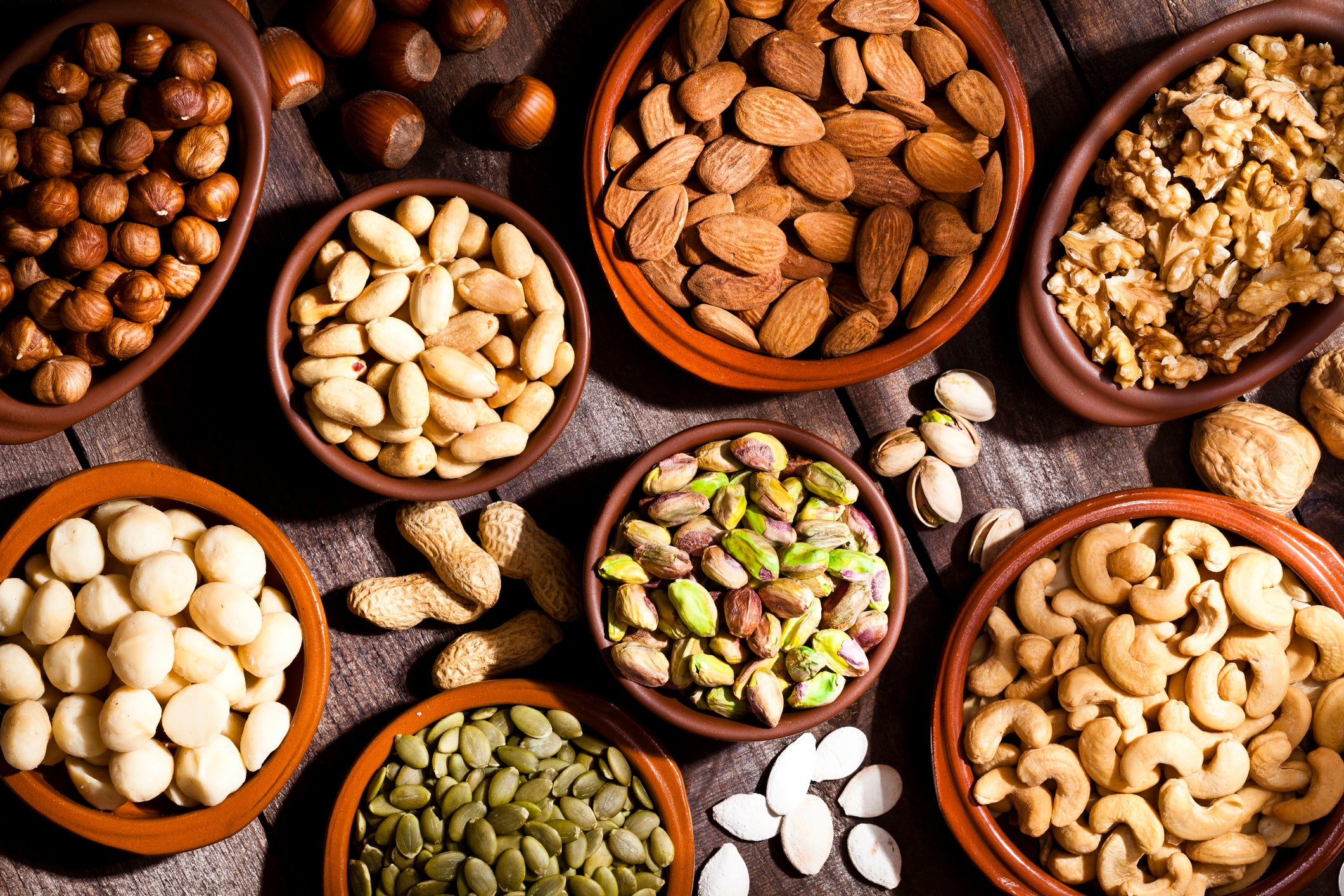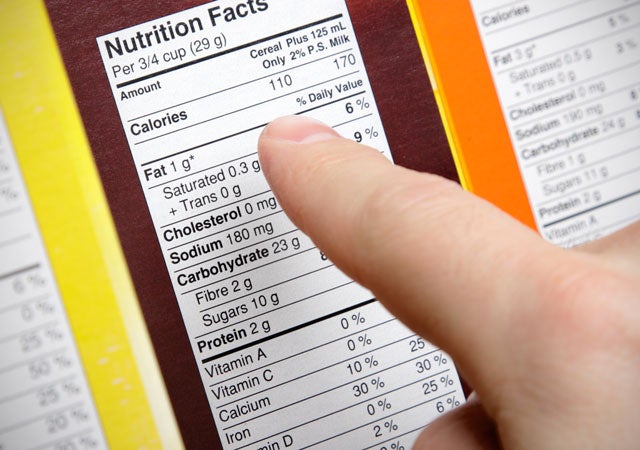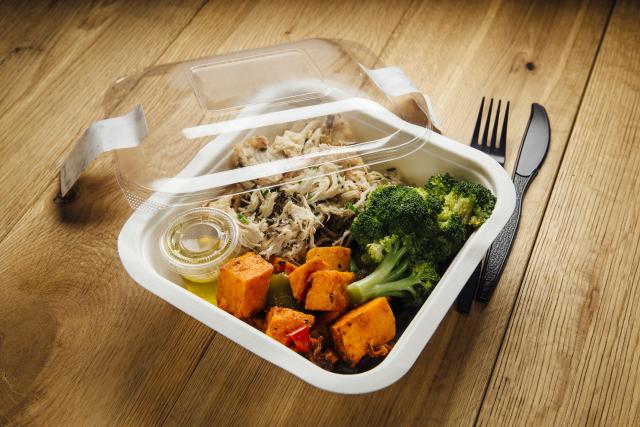We are born with a preference for sweet tastes. However, sugar carries calories without any fiber, protein, fat, vitamins or minerals. Sugar is basically empty calories.
Reading the Nutrition Facts Label can be confusing. Sugar can be found in a wide range of foods. In 2018, the Nutrition Facts Label was updated to include “added sugars.” This will appear below the carbohydrate listing. The label now has total sugars and added sugars.
Naturally occurring sugars come from fruit (fructose) and dairy (lactose). Vegetables and grain foods can also have a small amount of... Read More »









